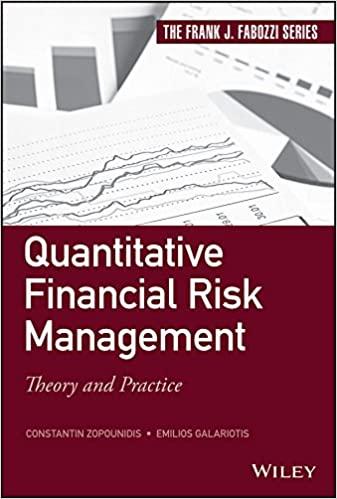2.2 EXCLUSIVELY COKE Corporations are making agreements with university and college administrations to become the sole provider of particular products or services on campuses. These exclusivity agreements have occurred in several areas, including banking services, travel agency services, fast food, soft drinks, and retail. In return for obtaining the exclusive right to provide a good or service, the university or college receives a payment, sometimes in the millions of dollars. School boards in some provinces have entered into similar agreements. A common exclusivity agreement is for soft drinks for which Coca-Cola and PepsiCo compete. An example is the University of Calgary's announcement that Coca-Cola would receive the cold beverage provider contract. The university justified the decision by stating that Coca-Cola was "a trusted household name and a company with extensive history and experience in the beverage industry and that the company is dedicated to offering safe, quality drinks to consumers across the globe, and provides beverages to various industries including health care, universities, stadiums and other businesses around the world." A committee had selected Coca-Cola after a rigorous and fair process in which several criteria were considered, including quality, technology, student experience, retail, catering, and finances. The University of Calgary's approach was not unusual. University administrators point out that the agreements are necessary as governments are not financing universities at the level needed. Thus, the universities are forced to obtain funds from other sources. Students have objected, pointing out that they loose the right to choose a brand, prices may be inflated, and monopolies are created. In addition, there is the morality of the practice. They, and others, are concerned with corporate control of campus life, and the attempt to snare young students who become lifelong consumers of the brand. Other students simply don't care. The companies view the agreements as good corporate citizenshin WYWYYNY wins. the attempt to snare young students who become lifelong consumers of the brand. Other students simply don't care. The companies view the agreements as good corporate citizenship where everyone wins. Student programs such as athletics are supported. The deals may include provisions whereby the winning bottler would refrain from other advertising on campus and keep price increases below the rate of inflation. On the other hand, the contracts usually contain minimum sales quotas; if not met, the contracts are extended until they are. Page 38 Questions 1. What fundamental or fundamentals of capitalism are involved in this practice? 2. Should educational institutions be involved with exclusivity agreements? 3. Which stakeholders are harmed and which benefit from these agreements? It's just a case study, that's about all the information I was given










